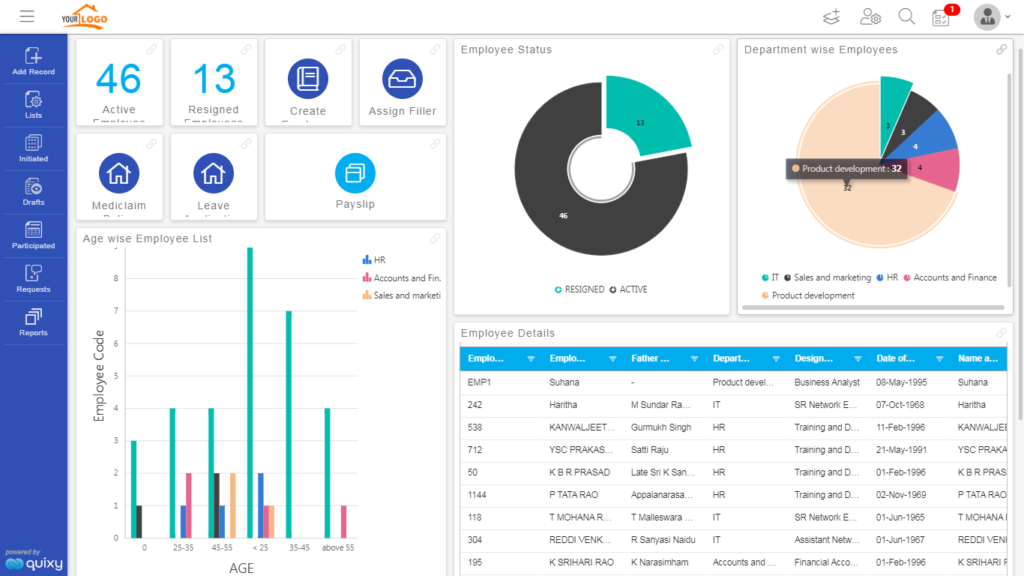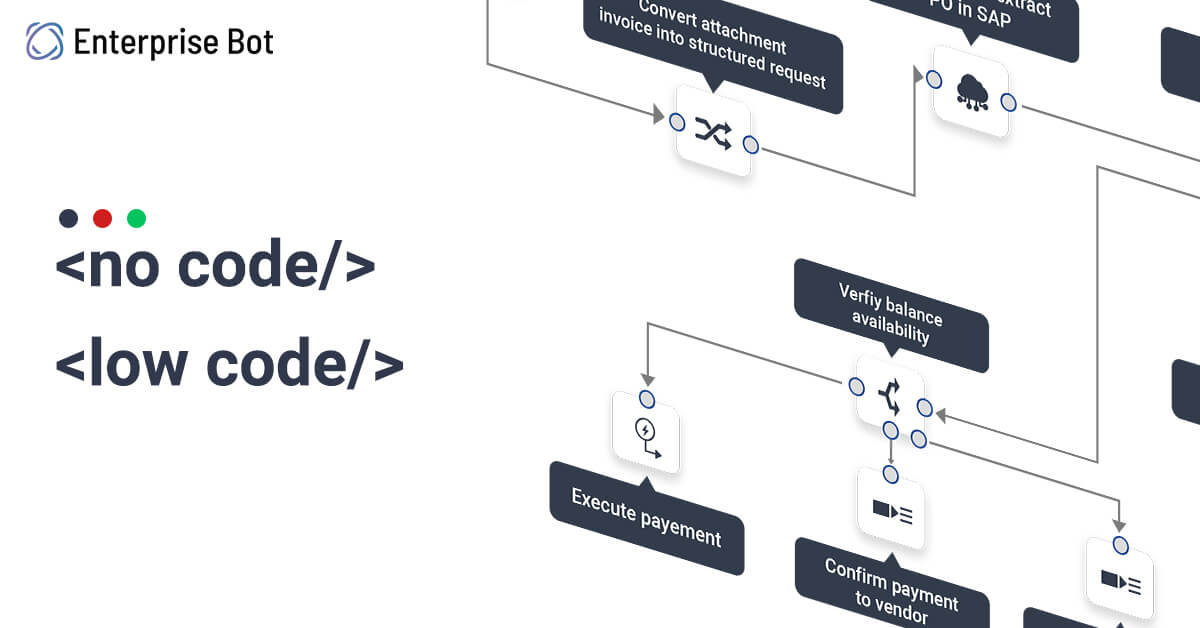Create Open System Databases Conveniently with the most effective No-Code Devices Available
Discovering the Benefits of Scalable Databases That Require No Coding Skills for Effective Data Administration Solutions
The introduction of scalable databases that remove the necessity for coding abilities provides a transformative chance for organizations looking for effective information administration solutions. As we consider the implications of such innovations, it comes to be critical to examine how they can reshape the landscape of information management and drive sustainable growth in an affordable environment.
Boosted Ease Of Access for Users
Improved access for customers is an important element of scalable databases, making certain that data management systems are user-friendly and easy to use. In a period where data-driven decisions are paramount, ease of access permits a broader variety of users, consisting of those without comprehensive technical experience, to engage with database systems efficiently. This democratization of data gain access to promotes boosted partnership throughout departments, encouraging workers to draw out insights and make educated choices.
Easy to use interfaces, such as visual data and drag-and-drop features depiction, streamline complicated information communications. These improvements minimize the knowing contour related to typical database monitoring, allowing users to focus on leveraging data as opposed to grappling with technological complexities. Scalable databases frequently include real-time analytics and personalized dashboards, supplying users with instant understandings tailored to their certain needs.

Cost-Effectiveness and Resource Savings
Effective data management not only hinges on access yet also on cost-effectiveness and resource savings. Scalable data sources created for customers with no coding skills dramatically minimize monetary problems normally related to traditional data source management systems. By getting rid of the demand for specialized programs knowledge, companies can assign their sources much more successfully, focusing funds on core service activities instead of comprehensive training or working with knowledgeable personnel.
Additionally, these databases usually use cloud-based remedies, which even more minimize prices associated to equipment and upkeep. Organizations can scale their database services according to their needs, preventing the expenditures incurred from over-provisioning resources. This adaptability means services can adjust to changing demands without sustaining unneeded costs, causing considerable long-term cost savings.
In addition, easy to use user interfaces enhance data entry and monitoring processes, decreasing the moment invested in administrative jobs. This effectiveness translates right into labor price financial savings, permitting groups to concentrate on calculated efforts instead than routine upkeep. Generally, taking on scalable databases that call for no coding abilities promotes a more economical method to information management, enabling companies to maximize their sources while preserving high degrees of functional efficiency.
Improved Cooperation Across Teams

Additionally, scalable data sources assist in seamless communication amongst staff member. With user-friendly user interfaces that require no coding abilities, staff members can easily develop, change, and share reports or control panels tailored to their details requirements. This democratization of information encourages non-technical individuals to contribute understandings, boosting the collaborative atmosphere.
In addition, these databases support concurrent access, allowing several customers to work with the exact same dataset simultaneously. This feature enhances efficiency, as teams Related Site can engage in joint data evaluation without the danger of variation control issues. The ability to leave notes or remarks straight within the data source even more advertises dialogue and clarifies data analyses.
Streamlined Information Management Processes
In today's data-driven setting, organizations recognize the requirement of streamlined data administration refines to maximize effectiveness and precision. By leveraging scalable data sources that call for no coding abilities, services can streamline their data handling and reduce the complexities usually related to typical data source systems. This access encourages non-technical users to involve straight with data, facilitating quicker decision-making and lowering dependence on specialized IT personnel.
Structured data management procedures improve workflow by automating regular tasks such as data entrance, validation, and coverage. Automated data assimilation makes sure that information from numerous sources is accumulated effortlessly, getting rid of silos and cultivating a merged view of essential service metrics (no-code). User-friendly user interfaces enable personnel to control information easily, allowing them to create insights that drive critical campaigns without the requirement for extensive training.
This performance not only increases operational processes but additionally decreases the capacity directory for human error, making certain that data remains exact and reputable. Eventually, structured data monitoring processes via scalable data sources cause enhanced performance, enabling organizations to concentrate on core activities while guaranteeing that their information management techniques are efficient and reliable.
Scalability for Growing Businesses

For broadening ventures, the ability to scale up or down is important. A scalable database can deal with an increase of data produced from new clients, items, or solutions, guaranteeing that service procedures continue to be uninterrupted. These data sources give the capacity to handle peak loads efficiently, which is vital during durations of rapid growth or seasonal spikes.
Additionally, several scalable database remedies are developed with easy to use interfaces that require no coding skills, encouraging non-technical personnel to handle data effectively (no-code). This democratization of information monitoring enables organizations to allocate resources purposefully and minimize reliance on specialized IT personnel
Eventually, embracing a scalable database not just improves functional efficiency yet likewise cultivates an atmosphere where companies can evolve and browse this site introduce without the restraints of conventional database systems. This adaptability placements companies for long-lasting success in today's competitive landscape.
Final Thought
In conclusion, scalable databases that require no coding skills offer significant advantages for efficient information monitoring. By simplifying information administration processes and providing scalability for growing businesses, such solutions make it possible for companies to adjust to altering demands effectively.
Boosted access for customers is a crucial aspect of scalable data sources, making sure that data management systems are easy to use and user-friendly.User-friendly user interfaces, such as aesthetic data and drag-and-drop attributes depiction, simplify intricate data interactions. On the whole, embracing scalable databases that call for no coding skills fosters an extra affordable approach to information administration, making it possible for companies to maximize their sources while preserving high levels of functional efficiency.
By leveraging scalable data sources that need no coding abilities, services can simplify their data handling and lower the intricacies usually connected with standard database systems - no-code.Streamlined data management procedures improve workflow by automating regular tasks such as information entrance, validation, and coverage